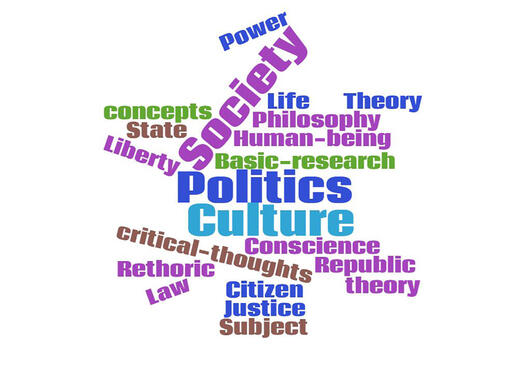What comes after decolonial critique?
In this talk, Filipe Campello, who is presently guest researcher at UiB, discusses some of the present challenges of decolonial thought.

Hovedinnhold
The role of subjective experiences and emotions for social critique has been largely ambiguous. At the core of decolonial critique, we see a move towards (inter)subjective narratives as a kind of resistance against alleged notions of universality and rationality that are argued to be exclusive – a matter of who is recognized as being able to talk in the name of reason. But whereas critics have attempted to overcome what has been called epistemic injustice, it has not been established yet that concepts like objectivity, universality or truth could not also still be relevant, in particular facing contexts of moral relativism, fake news, science denial and so on. In this talk, I want to address these tensions, discussing how decolonial critique – in a more propositive way - contributes to the widening of our political imagination. I argue that such critique, on the one hand, puts in question which images and narratives we have at our disposal. Here, the semantic horizon that articulates our practices can also invite us to live imaginatively and aesthetically, with different ways of being and speaking the world. On the other hand, this endeavour can also be seen as an effort towards a picture that is more plural, but does not imply giving up a common ground for critique.
This guest talk is hosted by Critical Theories Colloquium, a part of the research group Culture, Society and Politics.
Everyone interested is cordially invited.

